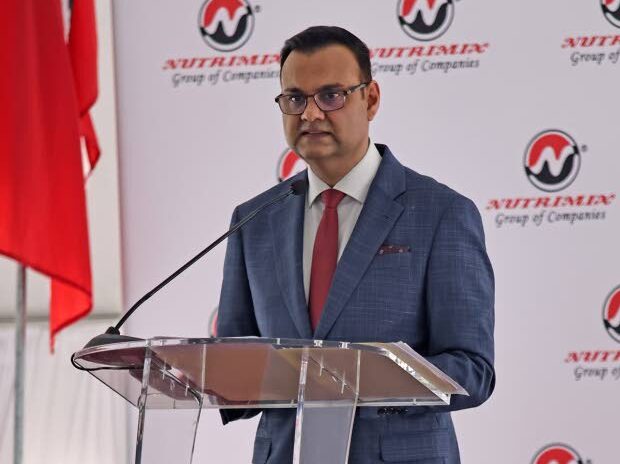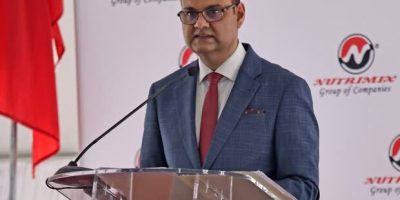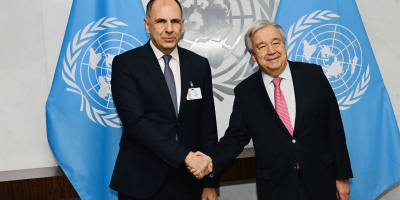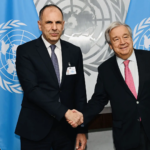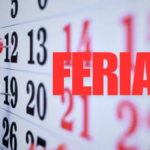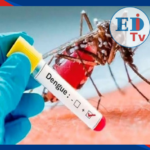Rishard Khan
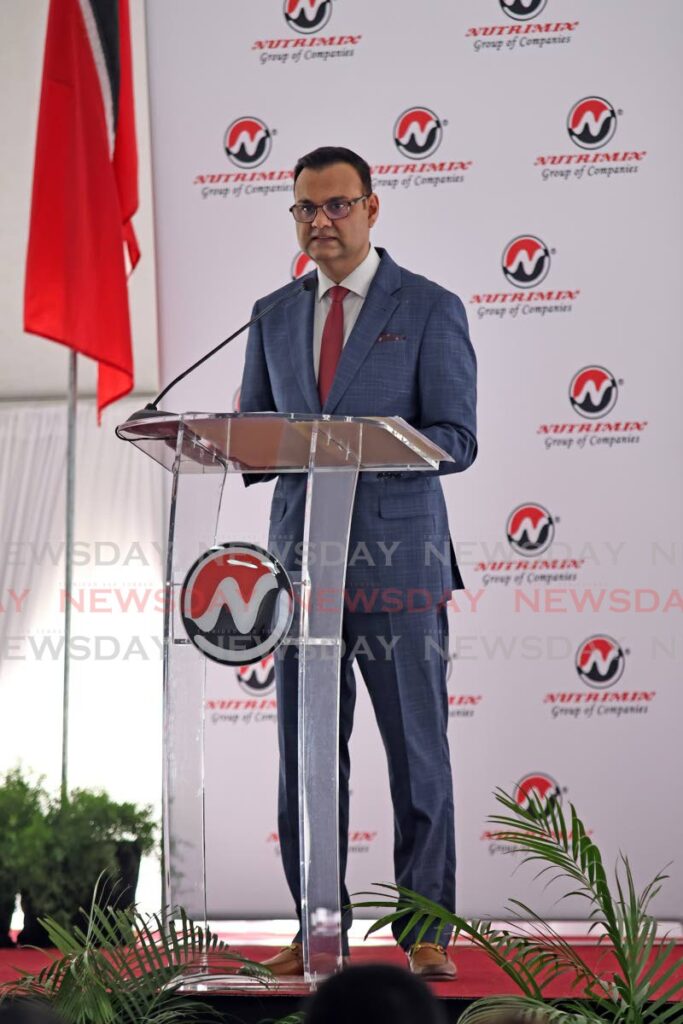
Nutrimix has invested $150 million to create an animal and pet feed plant which it hopes will generate foreign exchange.
But while outlining the venture’s economic benefits to the country, CEO Ronnie Mohammed called for a sufficient foreign-exchange allocation.
“We aim to generate foreign exchange. Our request for an appropriate foreign-exchange allocation must be weighed against these facts,” Mohammed said at the sod-turning ceremony in Pt Lisas on February 25.
“This business requires foreign exchange to achieve its goals. Financial institutions should recognise their role and step up to provide adequate funding to industries that drive economic activity.”
Mohammed said the project will see over 150 people employed in the construction phase, providing opportunities in civil, electrical and mechanical engineering, construction, fabrication and millwright work. He said it would also use locally manufactured materials like piles, blocks, and bricks, roof sheeting, purlins and guttering, electrical panels, PVC pipes and plumbing supplies, water tanks, concrete and cement, paints and windows.
>
“Post-construction, we will require maintenance and service, media, laboratory and environmental services, landscaping, IT, security, transportation, shipping, advertising and marketing, all of which will positively contribute to these sectors.”
He said 16 per cent of the raw materials used to make feed are locally sourced and the company is investigating how to replace its imported ingredients with local ones.
“It is not just about what you import, it is about what you import it for and the local value you add to what you’ve imported.
“We can also reasonably argue the benefits of import substitution. In 2022 and 2023, imports of pet foods consumed by dogs and cats in Trinidad and Tobago amounted to US $17.387 million and US $17.610 million, respectively, or approximately TT$118 and $120 million – which is not a small value.
“Import substitution reduces the demand for foreign exchange by manufacturing products that would have otherwise been imported. This leads to significant economic activity, benefits, and savings, which is what we have set out to do.”
Minister of Trade and Industry Paula Gopee-Scoon commended Nutrimix on its reinvestment into its operations. She said this not only reflected the private sector’s confidence in the economy but also served as clear evidence that Government’s policies and programmes are delivering results.
With pet-feed exports equating to just over one per cent of what was imported between 2020 and 2024, Gopee-Scoon urged Nutrimix to tap into the growing global market.
“The global pet-food market size was valued at US$126.6 billion in 2024 and as you expand your operations it is crucial to not only meet local demand but tap into this considerable international market, thereby earning foreign exchange. When examining the export potential for pet food, it is noted that the US, Panama and Chile are the top three greatest export potential markets.
“Beyond the top three, other high-potential markets include Canada, Jamaica, Barbados, Costa Rica, Guyana, the Dominican Republic, Colombia, Germany, France, China, the UK, Japan, Hong Kong SAR, Mexico, Belize, St Lucia and Spain.”
>
Also at the ceremony were the Prime Minister; his incoming replacement Stuart Young; Minister in the Ministry of Agriculture, Land and Fisheries Avinash Singh; and Minister in the Ministry of Works and Transport Richie Sookhai.

